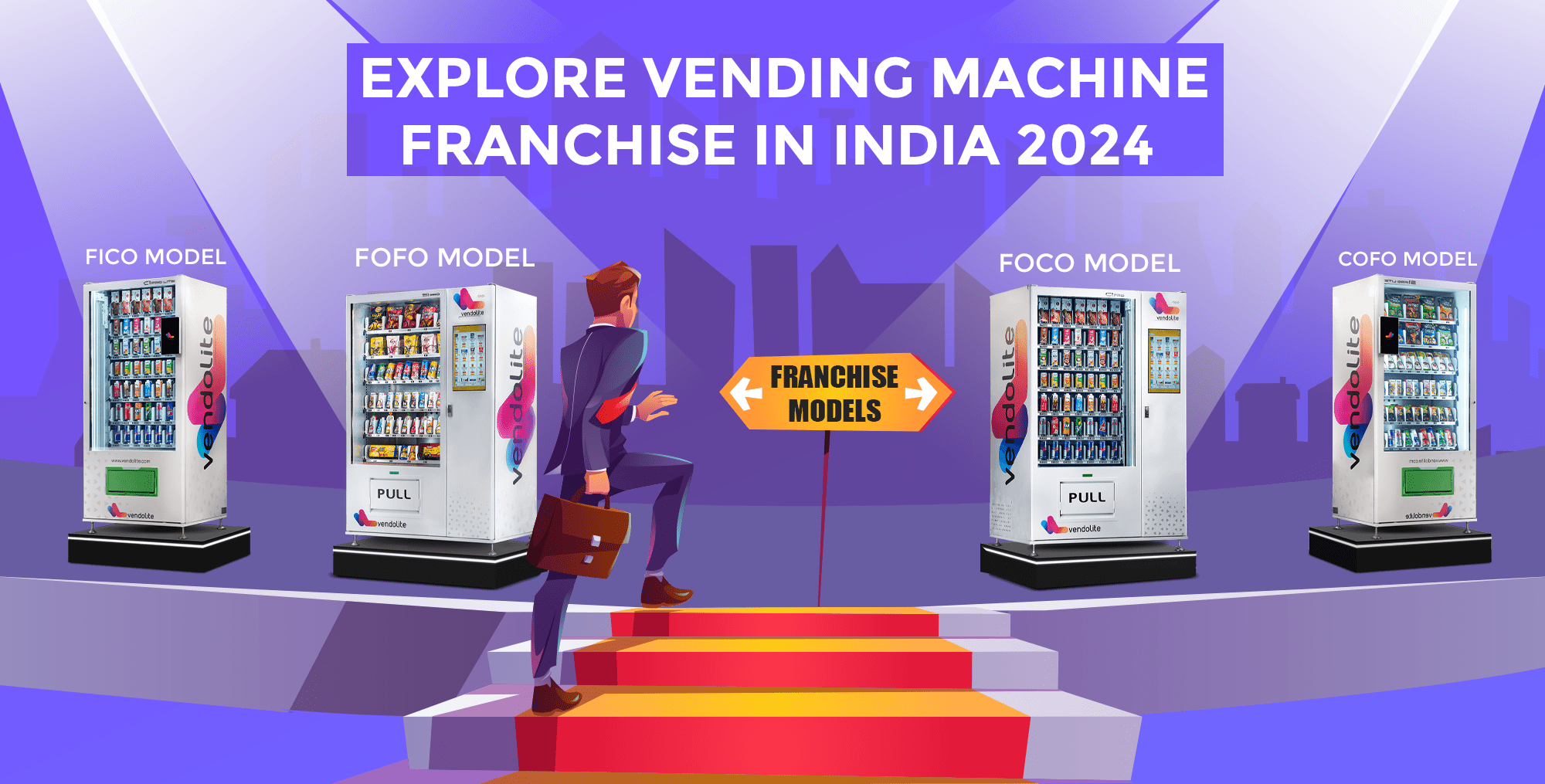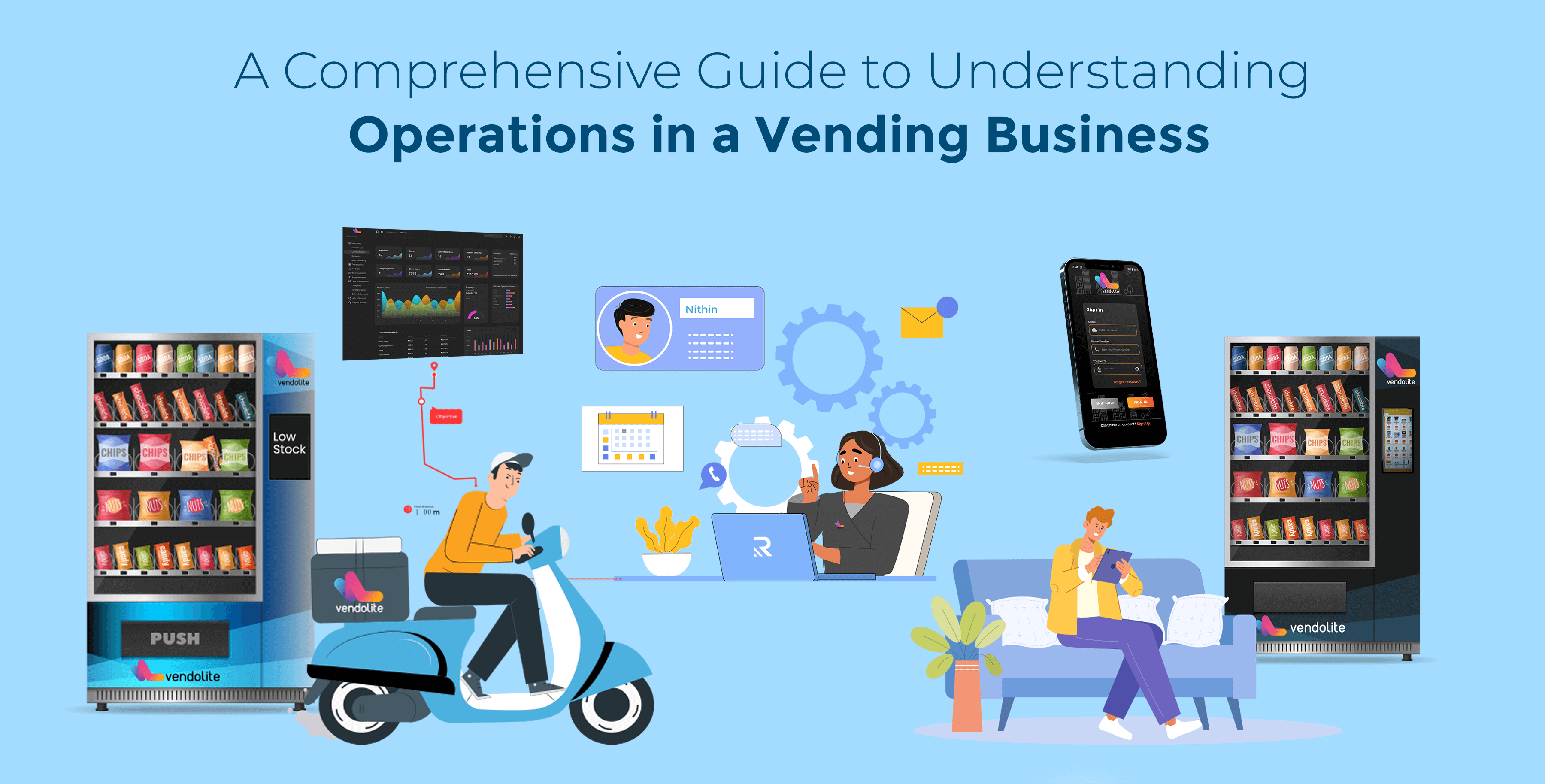

The vending industry has evolved significantly in recent years, offering entrepreneurs lucrative opportunities for passive income. However, success in the vending business goes beyond simply placing machines and waiting for profits to roll in. Understanding the intricacies of operations is crucial for maximizing revenue, ensuring customer satisfaction, and building a sustainable business. In this comprehensive guide, we'll delve into the key aspects of operating a vending business and provide valuable insights to help you navigate this dynamic industry.
Case Study: Vendolite's success begins with in-depth market research to identify niche opportunities. Recognizing the increasing demand for healthy snack options in bustling urban areas, Vendolite strategically places machines near fitness centers, tech parks, and educational institutions. Their focus on high foot traffic locations ensures visibility and accessibility, contributing to the widespread popularity of their vending solutions.
Case Study: Vendolite excels in providing a diverse array of vending machines, from traditional snack dispensers to cutting-edge smart vending solutions. The company's commitment to regular maintenance and a preventive schedule minimizes downtime, ensuring machines are consistently operational, stocked, and compliant with health and safety standards. This dedication sets Vendolite apart as a reliable partner for vending businesses.
Case Study: Understanding the health-conscious trend in the Indian market, Vendolite curates an appealing product selection, emphasizing organic snacks and natural beverages. Their efficient inventory management system ensures real-time tracking of stock levels, expiration dates, and popular products. Strong relationships with reliable suppliers guarantee a steady supply of quality items, establishing Vendolite as a trusted source for diverse and fresh vending options.
Case Study: Vendolite implements competitive pricing strategies, balancing profitability with customer satisfaction. Recognizing the shift towards digital transactions, they incorporate cashless payment systems, staying aligned with market trends. Regular reviews of pricing models based on market dynamics and customer feedback showcase Vendolite's commitment to providing value for both consumers and operators.
Case Study: Vendolite prioritizes customer satisfaction by ensuring well-maintained machines stocked with fresh products. Their responsiveness to customer feedback and the implementation of loyalty programs contribute to a positive customer experience, fostering repeat business and brand loyalty.
Case Study: Remaining compliant with local regulations, Vendolite stays proactive in obtaining necessary permits for its vending machines. Adhering to stringent health and safety standards, they conduct regular inspections and sanitation procedures, showcasing a commitment to legal and ethical business practices.
Case Study: At the forefront of technological integration, Vendolite embraces smart vending machines and data analytics to optimize operations. Leveraging technology for remote machine management and troubleshooting, they enhance efficiency and provide operators with valuable insights for informed decision-making.
Case Study: Vendolite establishes a strong brand identity, setting itself apart in a competitive market. Utilizing digital marketing strategies and forming partnerships with local businesses, they increase visibility and attract a diverse customer base.
Successfully operating a vending business requires a combination of strategic planning, attention to detail, and a customer-centric approach. By understanding the nuances of vending operations and implementing best practices, entrepreneurs can unlock the full potential of this dynamic and rewarding industry. Remember, continuous improvement and adaptability are key to staying ahead in the ever-evolving world of vending.